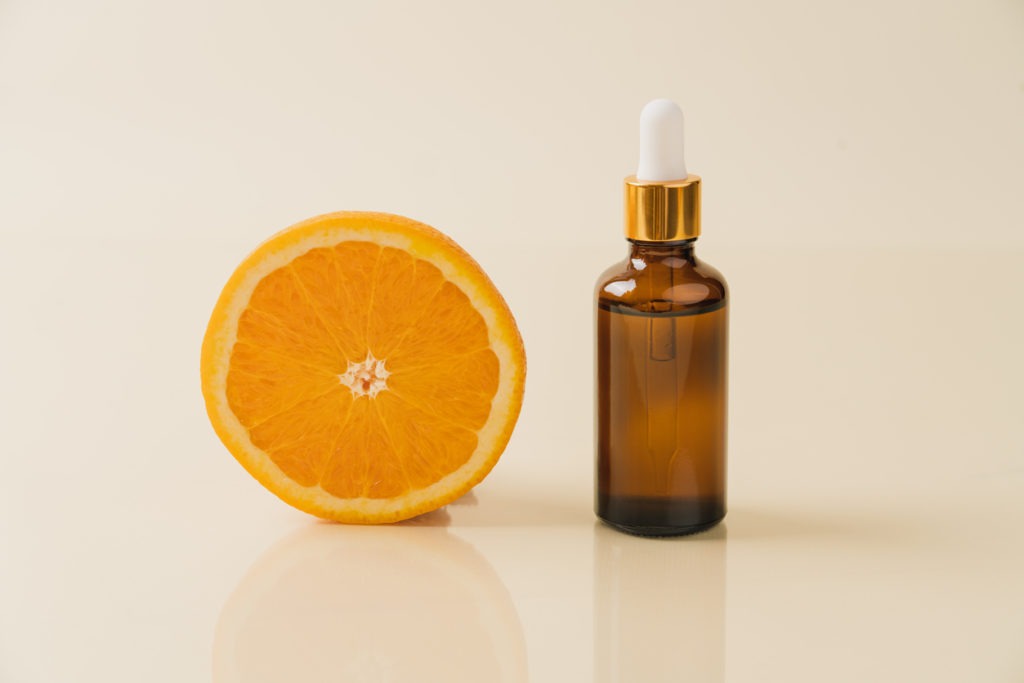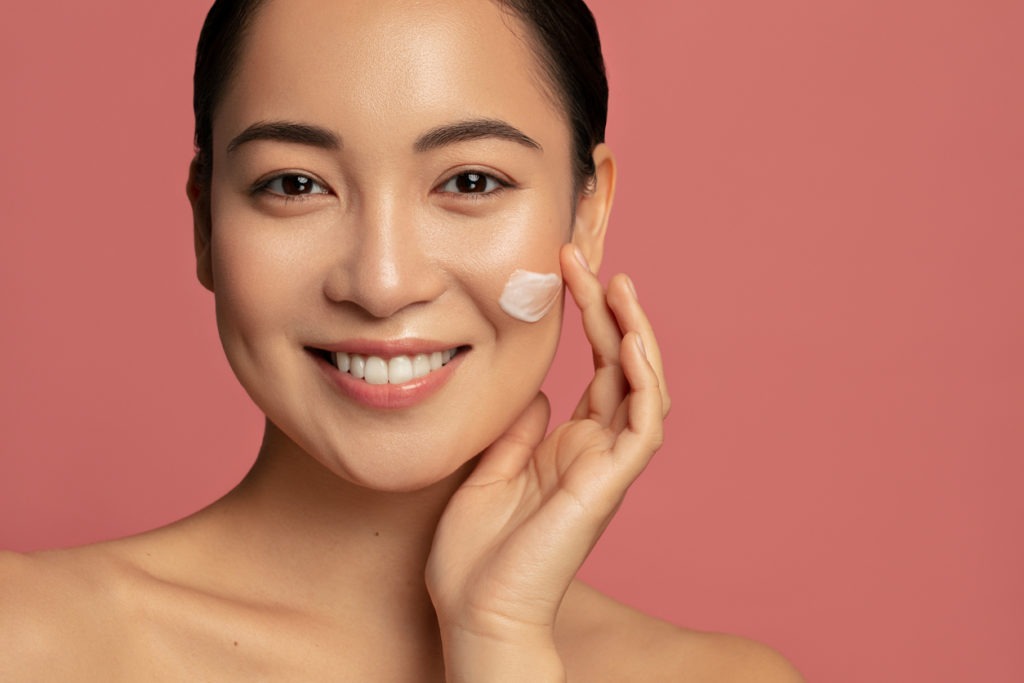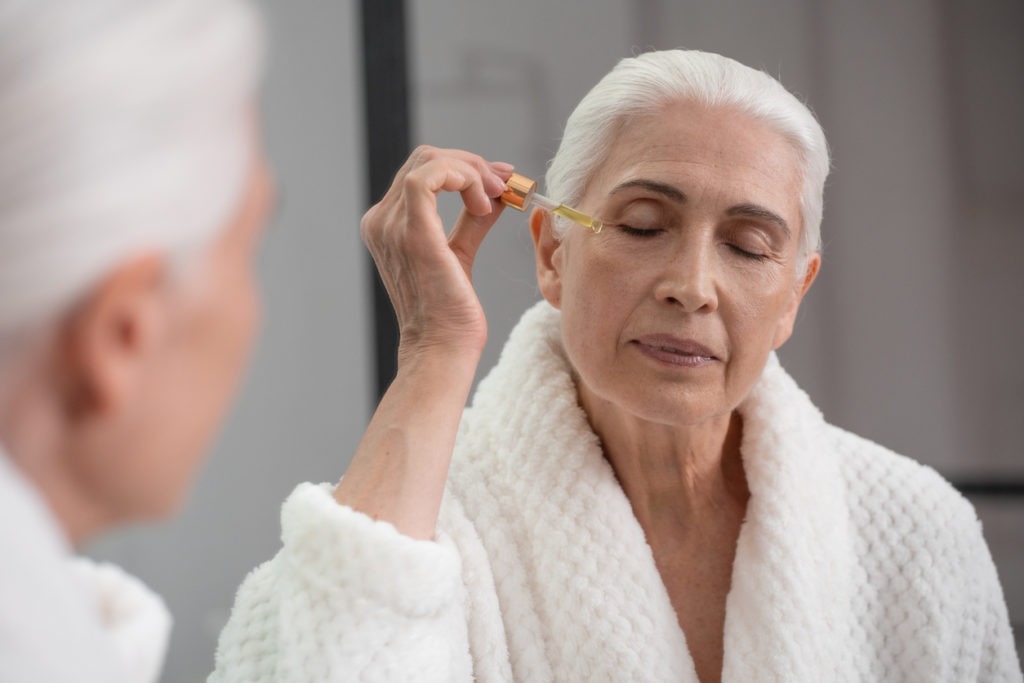Have you ever wondered why your parents made you take vitamin C as a child? Or why dermatologists and social media influencers are actively promoting the usage of products containing this particular vitamin?
Typically, vitamin C or fruits containing vitamin C are taken and eaten with the belief that it protects our bodies from acquiring illnesses, specifically seasonal illnesses such as common colds and flu. It also is believed that it helps boost the immune system.
While the latter statement has been proven accurate in many studies, the former does not speak wholly of the truth since taking doses of vitamin C does not decrease the risk of catching a cold. It only reduces the severity and the duration of the illness.
Although the information mentioned above regarding vitamin C as a preventive measure against diseases was deemed inaccurate, it still does not deny that it offers many benefits. Aside from boosting the immune system, regular intake of vitamin C is also proven to have an important role in skincare.
If you or anyone you know has a growing curiosity about the real benefits of vitamin c to your skin, then this is for you. Stay with us as we get to know vitamin C even more.
What is Vitamin C?
Vitamin C is a nutrient needed to help form blood vessels, cartilage, and collagen in your bone and muscle. It is also necessary to grow, develop, and repair body tissues.
While it may not prevent a person from acquiring colds, an adequate level of vitamin C in a person’s body could help protect against immune system deficiencies, cardiovascular diseases, and skin wrinkling.
How much is ‘enough’ Vitamin C?
While the typical daily dosage that an adult could take is 500 mg, the maximum amount of vitamin C that can be taken without risks of harmful effects is 2000 mg.
Taking a right daily dose of vitamin C will have no adverse effects on a person. However, it is important to note that there are forms of vitamin C that may be too acidic for your body to handle and may irritate your stomach, so choose a non-acidic and buffered type of vitamin.
Where can you get Vitamin C?
1. Food
Food is the best way to get your body’s daily dose of vitamin C. Not only that but consuming an ample serving of your favorite fruit can also get you a whole lot of other nutrients. Ain’t that convenient?
While a glass of fresh orange juice or a half-cup of red pepper is enough to provide you with your recommended dose of vitamin C, many other fruits and vegetables can serve as an alternative. Fruits like cantaloupe, kiwi, tomato, strawberries, lemon, and grapefruit; and vegetables, such as red cabbage, green pepper, broccoli, Brussels sprouts, and cauliflower.
2. Oral Supplement
Aside from fruits, vitamin C as an oral supplement may also be very familiar to you.
They are typically bought in pharmacies and grocery stores as capsules, chewable tablets for adults, and syrup or gummy candy for kids.
3. Skincare Products
The topical form of vitamin C is a science-proven and dermatologist-supported ingredient in skincare products that help maintain healthy skin. While there may be a lot of skincare products that contain or claims to contain vitamin C, one of the most common form is that of a serum.
Serums are lightweight oil- or water-based liquids stored in small bottles and are typically applied using a dropper. A few drops of the product are already sufficient to cover your face. They are usually applied to your face after you cleanse and before you moisturize to settle in powerful active ingredients.
If ordinary serums can help improve your skin quality, what more if they are infused with vitamin c, right?
Benefits of Vitamin C for your Skin
Now that you have a clear grasp of vitamin C, including its recommended intake level and the different forms available to get it, it’s time that we move past the basics and discuss the specifics. Here’s the list containing the different benefits of vitamin C for your skin.
1. Skin hydration
Having problems with dry skin? Maybe it’s time to give your skin the hydration it needs. Hydration is essential in keeping your skin looking healthy and youthful. Without sufficient moisture, your skin is prone to itch, scale, and, worse, fast aging.
Good thing vitamin C is backed by studies saying that it helps retain water in our skin. It also smoothens and prevents too much dryness or oil build-up.
2. Skin brightening
Are you a person who is fond of basking in the sun? Or perhaps, you just like to get tanned by sunbathing on the beach? If yes, then have you noticed dark spots appearing on your face?
The development of dark spots or hyperpigmentation on your face and skin, in general, is caused by too much exposure to harmful UV rays. Although they may be deemed harmless, having dark spots on your skin, especially on your face, can make you appear older.
Vitamin C and vitamin-C-infused skincare products have antioxidant properties that help in lightening areas of the skin with unwanted dark spots and prevent aging due to sun damage. They also reduce dullness and give the skin a brighter and more youthful glow.
3. Lightens eye circles
What’s worse than waking up in the morning after staying up late at night and noticing dark circles under your eyes? No amount of concealer makeup can mask that problem!
Fortunately, vitamin C’s antioxidant properties transform your thin, delicate under-eye skin into a more elastic and resilient one. This will help conceal the discoloration associated with under-eye circles.
4. Collagen production
Wondering what keeps you looking youthful and smooth during your younger years? It’s because of collagen. Collagen is a major component of our skin, and vitamin C plays an important role in its production in our body.
Collagen production is closely tied to skin elasticity. When you grow old, the amount of collagen in your skin deteriorates, causing you to sag.
While sagging may be a natural sign of aging, there are solutions available that can somehow delay the aging process. When applied to the skin, vitamin C accelerates collagen and elastin production. This helps the skin to achieve a more youthful state faster and to prevent premature aging.
5. Reduces redness
Today may be your lucky day if you’re currently suffering from an inflammatory skin disease that causes blotchy, uneven, irritated, and red skin.
Topical vitamin C acts as an anti-inflammatory agent that helps mend the damaged capillaries, which cause the redness on your skin, resulting in a more even complexion and smoother surface.
Skin makes up the majority of your external appearance. It has the power to provide other people with wealthy information about yourself. Therefore, you must treat it with the utmost importance and care. Knowing about the basics and the benefits of vitamin C is beneficial but do note that it is just one of the many steps you need to follow to keep your skin at its finest state all the time.








